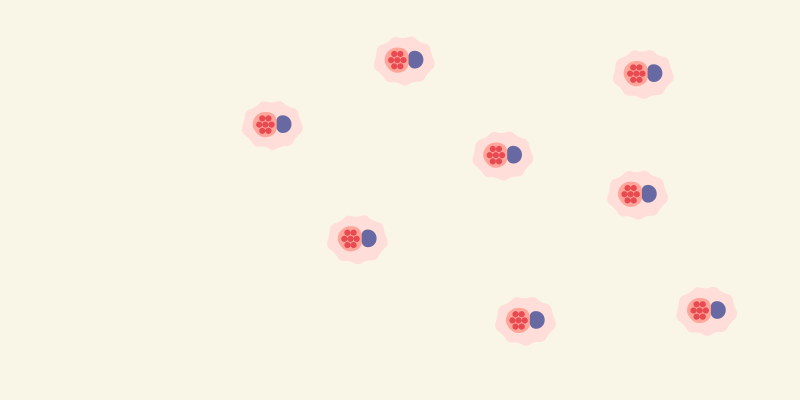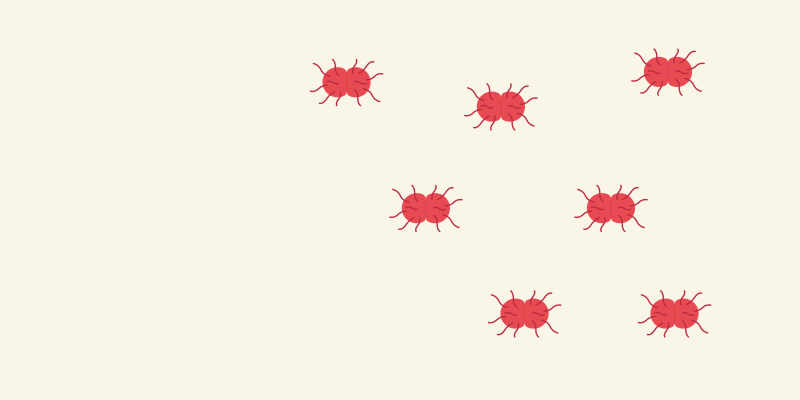Genital warts are small fleshy growths or bumps commonly found around the genital area.
Key things to know
Genital warts are the result of a viral skin infection caused by the Human Papilloma Virus (HPV).
HPV is very common and most people will get it at some point in their life. There are more than 200 different types of HPV, however, many types do not cause any health problems and go away on their own.
An HPV vaccine is available to men who have sex with men and those assigned male at birth, aged 45 or under. The vaccine prevents the strains of HPV that can cause anal, throat and penile cancers, as well as genital warts.
Find out more about HPV vaccination for men who have sex with men.
HPV
A small number of HPV strains have been found to have strong links with cancer. Cancers linked to high-risk HPV strains include cervical, anal, penile, vulval and vaginal cancer. The types of HPV that cause visible genital warts are not the same strains that cause genital cancer.
Some sexual health clinics may offer anal screening to men with a higher risk of developing anal cancer, such as men who have sex with men.
Symptoms
People often get HPV without knowing it as there are usually no symptoms and the infection tends to go away on its own.
Most people who have HPV will not develop any visible warts and, even if they do, it can take months, or even years, for them to develop.
Genital warts come in all shapes and sizes. They can be flat with stalks or rough cauliflower-like growths. Some people get them as single warts whereas in other people, they grow in clusters.
Genital warts will usually appear around the genital area. They can also be found in the urethra and the area around your anus. Warts that grow flat are often invisible but sometimes cause slight itching or discomfort.
Transmission and prevention
The HPV virus that causes genital warts can be transmitted during vaginal/frontal or anal sex, by sharing sex toys, and by other skin to skin contact during sex.
Using a condom during sex can help prevent genital warts from being passed on, but condoms might not cover some of the affected areas and therefore the infection can still be passed on.
Children aged 12 and 13 years old are offered an HPV vaccine free of charge as part of the NHS vaccination programme. This vaccine helps prevent some of the cancers that can develop later in life, such as cervical cancer, some head and neck cancers and cancers of the anal and genital areas. If a child misses the opportunity while in school in the UK, they’re able to get the vaccine for free on the NHS until they turn 25.
Men who have sex with men are at an increased risk of HPV and can also access the vaccine via the NHS in Scotland free of charge. This vaccine protects from four strains of HPV, including those that cause anal, throat and penile cancer, as well as genital warts. You may be eligible for vaccination even if you have already had genital warts.
You can’t get the HPV vaccine on the NHS after you turn 25, unless you’re a man who has sex with other men aged 45 or younger. However, the HPV vaccine is available privately to people who don’t qualify for a free one.
Treatment
If you do have genital warts, there are a few options for treatment. This can involve either treating them with a cream or freezing them off. Treatment can be slightly uncomfortable, but it isn’t as unpleasant as it sounds!
Don’t be tempted to try and treat them yourself – over the counter wart treatments aren’t suitable for genital warts and you might end up with a nasty chemical burn.
Unfortunately, HPV does not always clear itself so you might find that even after treatment warts reappear. However it is very unusual for warts to continue to reappear over many years.
Looking for advice?
If you are looking for information and advice on the transmission, prevention and treatment of sexually transmitted infections, we are here to help. Get in touch by filling out our contact form.




